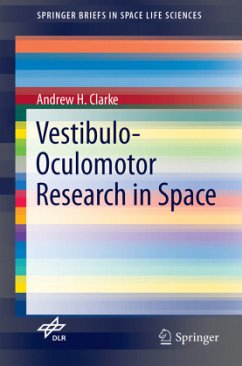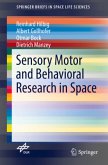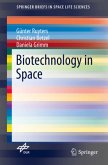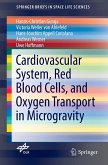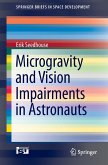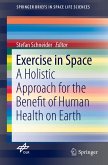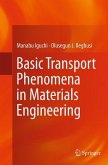This monograph describes the findings of spaceflight research related to spatial orientation, sensorimotor coordination and mental function. Exposed to the microgravity conditions of spaceflight, the human experiences a variety of physiological and psychological problems, which are presented here. Recent findings of sensory motor research in space are depicted and their benefits for life on earth discussed. The examination of the vestibulo-oculomotor system for example has led to the development of innovative devices for the measurement of three-dimensional eye and head movements. These devices are currently employed in Earthbound applications such as eye laser surgery.
The book is written for students and researchers in neurosciences, biomedical engineering, for neurologists and psychologists as well as for persons wanting to know more about biomedical research in space and its application on earth.
The book is written for students and researchers in neurosciences, biomedical engineering, for neurologists and psychologists as well as for persons wanting to know more about biomedical research in space and its application on earth.

